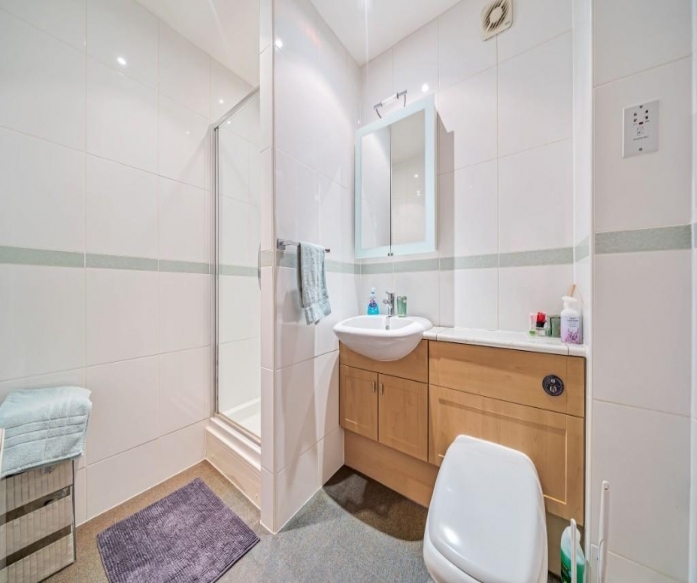Homeowners facing space issues often consider moving, but this comes with significant costs and stress. Instead, options like building upwards or outwards can provide the extra space needed. Many in the area are turning to Loft Conversions Barnet as an alternative to a traditional extension, but deciding which is better depends on budget, property type, and personal needs.
What is a Loft Conversion?
A loft conversion transforms unused attic space into a fully functional room, whether that’s a master suite, home office, or guest bedroom. It utilises the existing roof structure, meaning no extra footprint is added to the property. The process typically involves reinforcing the floor, adding insulation, fitting windows for natural light, and installing access such as a staircase.
What is a Home Extension?
A home extension involves building additional rooms onto the property, usually on the ground floor or as a multi-storey addition. This can provide substantial extra space for living rooms, kitchens, or open-plan family areas. Unlike a loft conversion, it often requires new foundations and external walls, which can significantly extend both the build time and the cost.
Comparing Costs
In most cases, a loft conversion is more cost-effective. It works within the existing structure and avoids expensive groundwork. The average price is generally lower, making it attractive for those with limited budgets. An experienced Loft Conversion Company in Barnet can help ensure costs are predictable by offering clear quotes and minimising unexpected expenses.
Home extensions are usually more expensive because they require major construction work, structural engineering, and sometimes rerouting of utilities. While they can provide more expansive living areas, the return on investment might be reduced if garden or driveway space is lost.
Planning Permission Considerations
Many loft conversions fall under permitted development rights, meaning formal planning permission isn’t required unless major changes to the roofline are planned. Home extensions are more likely to need planning permission, particularly in urban areas or where there are restrictions on altering the exterior of a property.
Both options must comply with UK building regulations to ensure safety and energy efficiency. Choosing a reputable Barnet Loft Conversions Company helps guarantee that the process runs smoothly from design to approval.
Timeframe and Disruption
A loft conversion can typically be completed in 8–12 weeks, depending on complexity. Much of the work happens inside the roof, so disruption to daily life is limited.
Extensions can take several months to complete due to the need for excavation, external construction, and potentially complex structural work. This often means more disruption to the household during the build phase.
Space Impact
A major benefit of loft conversions is that they don’t reduce your outdoor space. This is particularly valuable in properties with small gardens. Extensions inevitably use part of the available land, which can affect property value in areas where outdoor space is in high demand.
Style and Functionality
Loft conversions create unique spaces with sloped ceilings, skylights, and cosy layouts, perfect for private retreats or additional bedrooms. Extensions allow for large open-plan spaces, ideal for entertaining and family gatherings.
Choosing between the two often comes down to the intended purpose of the new space. If you need a peaceful, separate area, a loft conversion might be ideal. If you want a spacious kitchen-diner or family room, an extension may be the better choice.
Property Value and ROI
Both options can boost property value significantly. Industry data suggests that a well-executed loft conversion can add up to 20–25% to the property’s market price. Extensions can offer similar or higher increases depending on the size and quality of the work, but their higher cost means the percentage return may be smaller.
Final Verdict
If you want a faster, more affordable solution with minimal impact on your garden, a loft conversion is hard to beat. For those with the budget, time, and land to spare, an extension can create the dream open-plan living space. In some cases, combining both can deliver the ultimate home upgrade—more bedrooms upstairs and more living space downstairs.



